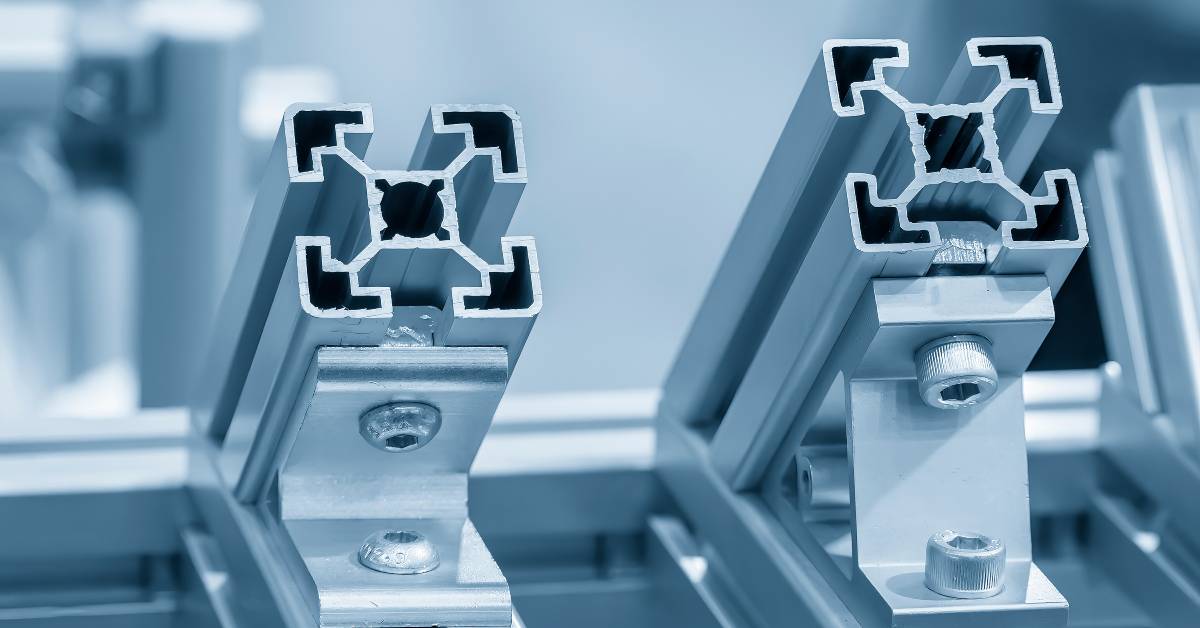
Choosing the right aluminum extrusions alloy can significantly impact the performance and durability of your project. With a myriad of options available, each with unique properties and advantages, making the correct selection can be daunting.
Let's look at tips for choosing the right aluminum extrusion alloy and some factors to consider.
Aluminum extrusions come in different series, with each series having unique characteristics. The most commonly used series are 1000, 2000, 3000, 5000, and 6000. Each series is identified by a number that represents the alloy composition. For example, the 6000 series contains silicon and magnesium as its primary alloying elements and is known for its strength and corrosion resistance.
Before selecting an aluminum extrusion alloy, it's essential to understand your project requirements thoroughly. Factors such as load-bearing capacity, corrosion resistance, formability, and finishing requirements should be taken into consideration. For example, if your project requires high strength and corrosion resistance, the 7000 series may be a suitable option.
If you're unsure about which aluminum extrusion alloy is best for your project, it's always a good idea to consult an expert. They can provide valuable insights based on their experience and knowledge of different alloys. They can also help you determine the most cost-effective option for your project.
Different aluminum extrusion alloys have varying properties that make them more suitable for certain extrusion processes. For example, the 6000 series is highly malleable and can be easily extruded into complex shapes, making it a popular choice for structural applications.
While it's essential to choose an alloy that meets your project requirements, cost is also a significant factor to consider. Some alloys may offer high strength and corrosion resistance but come at a higher cost. It's crucial to strike a balance between performance and budget when selecting the right aluminum extrusion alloy.
The longevity of your project also depends on the maintenance required for the chosen alloy. Some alloys may require more frequent and intensive maintenance, while others may be low maintenance. It's essential to consider the long-term costs of maintaining the alloy when making your decision.
No single aluminum extrusion alloy is perfect for all applications. It's important to know the limitations of each alloy and determine if they align with your project requirements. For example, some alloys may have lower strength but offer better corrosion resistance, so it's crucial to evaluate which factors are more critical for your project.
Choosing the right aluminum extrusion alloy requires a thorough understanding of your project requirements, the different alloy series, and their respective properties. Consulting an expert and considering factors such as cost and maintenance can also help you make an informed decision. By following these tips, you can select the most suitable alloy for your project, leading to a successful outcome. Keep these points in mind when selecting your aluminum extrusion alloy and create a quality product that will stand the test of time.
If you're looking for a Bosch T-slot aluminum extrusion for your project, A-Line Automation has a wide selection of high-quality options to choose from. Our team of experts can also assist you in selecting the right alloy for your specific project needs. Contact us today to learn more!